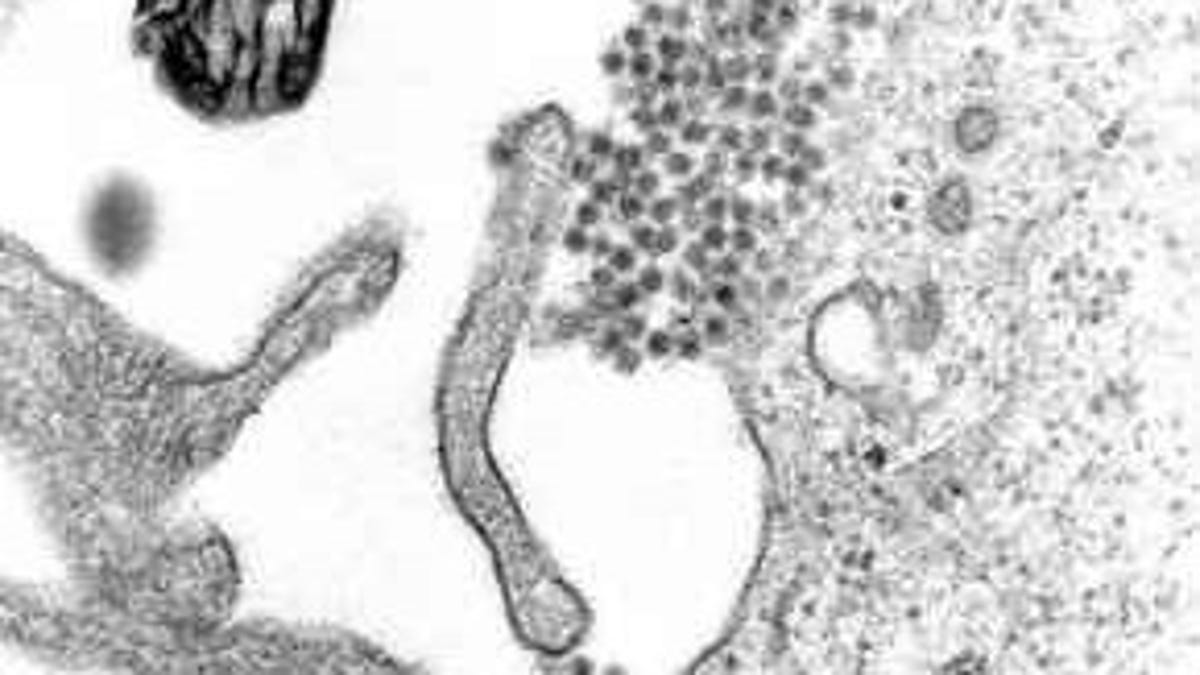Superdrug takes out common cold, other viruses
MIT researchers say a new approach destroys infected cells without harming healthy ones, in what sounds like a one-size-fits-all way to kill any virus.

Scientists at MIT say they've developed a promising new drug that appears to not only be able to attack the common cold, but just about any other virus as well.
The drug goes by the name DRACO (Double-stranded RNA Activated Caspase Oligomerizer--uh, I'll stick with the acronym) and is made using the defense mechanism of living cells. The drug reportedly attacks cells that have been infected with a virus, without harming healthy cells. DRACO attaches itself to virus-tainted cells and contains a protein that initiates a process by which the infected cells kill themselves. If DRACO encounters a healthy cell along the way, it simply waves hello and leaves it alone.
The idea of a one-size-fits-all approach to creating antiviral drugs has the potential for huge implications. Until now, drugmakers have had to design a new drug to fight each individual virus strain, and because viruses like to be sneaky and mutate often, it's been an ongoing battle to keep up with them.
"We have created DRACOs and shown that they are nontoxic in 11 mammalian cell types and effective against 15 different viruses, including dengue flavivirus, Amapari and Tacaribe arenaviruses, Guama bunyavirus, and H1N1 influenza," wrote the team from MIT's Lincoln Laboratory in their research published in the journal PLoS One. "We have also demonstrated that DRACOs can rescue mice challenged with H1N1 influenza."
Yes, that's the same H1N1 that the world freaked out about a few years back; and the first one is Dengue Fever, which is spread by tropical mosquitoes, is related to the West Nile virus, can do seriously terrible things to a person, and up until now has had no known cure.
DRACOs have been tested on human and animal cells, and the researchers say they've observed no side effects.
Even if DRACOs live up to their revolutionary potential, it could be years before they become available to the general public. Several years of clinical trials likely await before the superdrug is ready for prime time.

